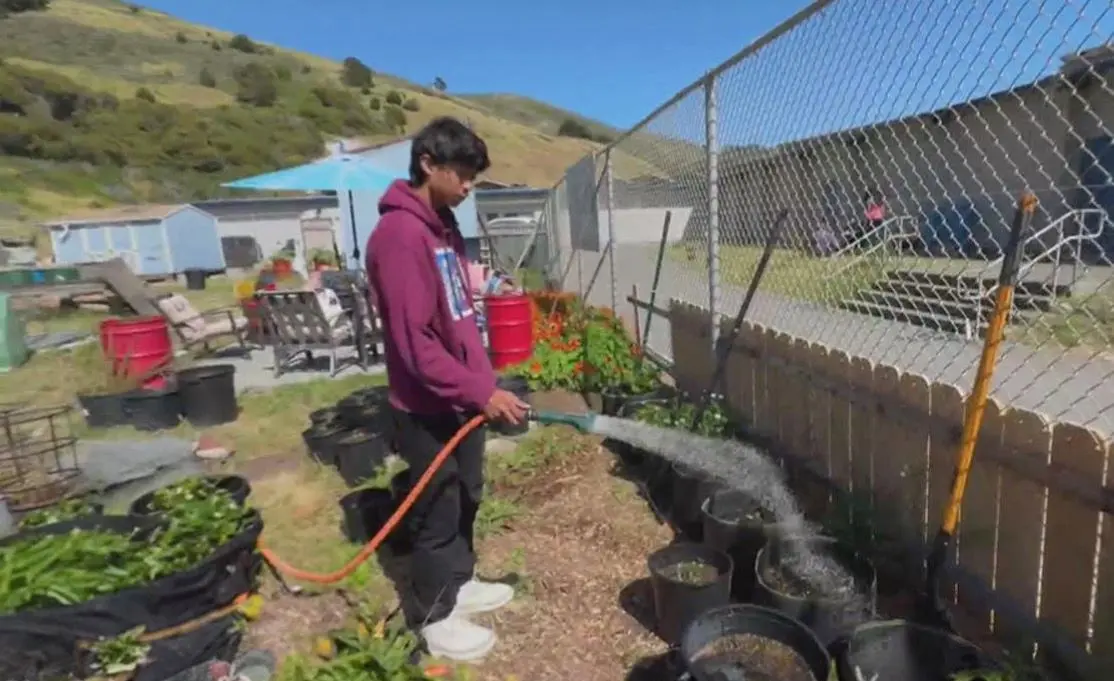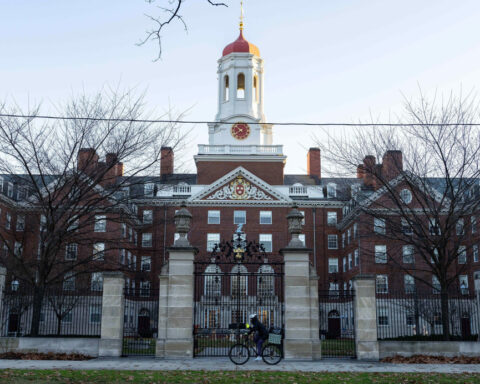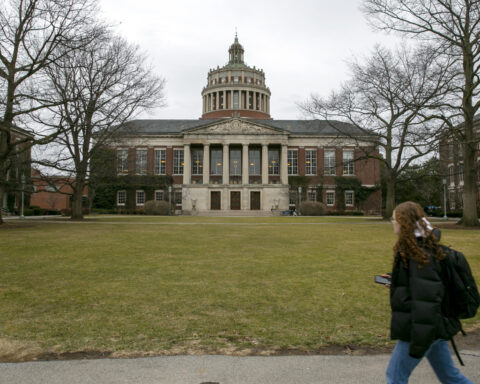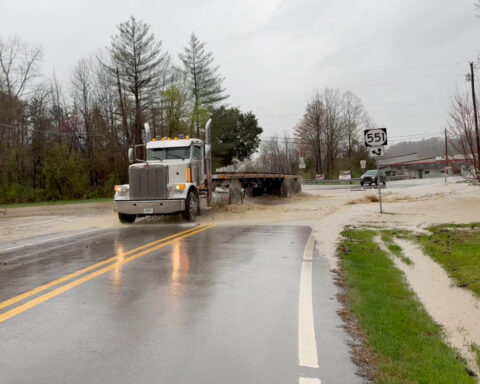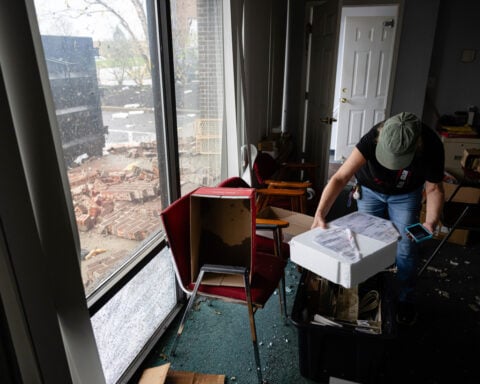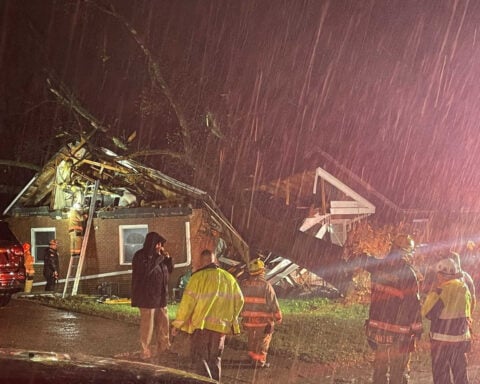SAN FRANCISCO (KPIX) -- Students on the San Francisco Peninsula are taking advantage of a program that teaches lessons on climate change and building projects that mitigate its effects on the community.
At Oceana High School in Pacifica at the base of Milagra Ridge, a popular student-led community garden is growing and expanding, thanks to lessons learned about their changing environment.
"We're building more garden beds, we're growing plants, we have chickens. We're going to move that shed over there to make room for rabbits," explained Roman Doyle, one of the members of the school's Garden Club.
In the garden, the students learn everything from raising chickens to growing vegetables and - these days - the effect of climate change on their ongoing project.
"It's a big issue because global warming can change the world as we know it, especially if we keep going with the amount of greenhouse gases that we're using, it's not going to be good for anybody," said Doyle.
With global warming, experts agree that water can become more scarce, unpredictable, and even polluted. One strategy is to conserve water, every single drop, by capturing rainwater.
That approach intrigued Oceana's school gardeners.
"The garden can become a lot more self-sufficient, said Doyle. "We don't have to keep drawing from the school's water we can start using our own."
That dream is now a step closer to reality thanks to two determined young women from nearby Westmoor High School in Daly City, Jaleen Viray and Cassandra Gomez, who drew up plans to install rain barrels in Oceana's garden.
"These blue barrels are barrels that catch water from the gutters and we're going to be installing the cinder blocks today and get the barrels on top and also get the plumbing system underneath working," explained Gomez.
"This is really exciting because we've worked really hard," said Viray.
Their efforts are all part of the Youth Climate Ambassador Leadership Program, which accepts applications from high school students from across San Mateo County.
"With our last cohort, we received over 130 applications, and we only selected 50 students so it's a pretty competitive program," said Jess Dominick, a sustainability specialist with the county's Sustainability Department. She also runs the Youth Climate Education Program.
"We teach students about climate change but more importantly, we help them take action in their local communities," added Karen Wang, a spokesperson for the Sustainability Department.
Their division joined forces with four other critical entities: the Citizens Environmental Council of Burlingame, Peninsula Clean Energy, the San Mateo County Office of Education, and Acterra.
During the 7-month program, students develop projects that directly target some of the local impacts of climate change. The rain barrels project will help to address extreme weather events.
"We always wonder when the droughts are going to come and these barrels will help conserve water during the rainy season and we can use during drought," said Gomez.
"I'm pleased that it's now on the campus and that the students have been a part of it," said Oceana biology teacher Ryan Reidy.
"These students are so resilient," exclaimed Dominick.
"We need their enthusiasm, their imagination. We need that," concluded Wang.
The next hurdle: having adults take climate change and these teenagers more seriously. The younger generations and their families will be more directly impacted by global warming.
"It's going to be our responsibility as I get older as well as for the younger generation," said Vilay. "What happened in the past and what's happening currently is something that we have to deal with."
The next application period is on August 1. Interested students can apply online on the program site.
San Mateo County is also offering rain barrel rebates to homeowners. To see if you qualify, visit flowstobay.org.

 Trump has begun another trade war. Here's a timeline of how we got here
Trump has begun another trade war. Here's a timeline of how we got here
 Canada's leader laments lost friendship with US in town that sheltered stranded Americans after 9/11
Canada's leader laments lost friendship with US in town that sheltered stranded Americans after 9/11
 Chinese EV giant BYD's fourth-quarter profit leaps 73%
Chinese EV giant BYD's fourth-quarter profit leaps 73%
 You're an American in another land? Prepare to talk about the why and how of Trump 2.0
You're an American in another land? Prepare to talk about the why and how of Trump 2.0
 Chalk talk: Star power, top teams and No. 5 seeds headline the women's March Madness Sweet 16
Chalk talk: Star power, top teams and No. 5 seeds headline the women's March Madness Sweet 16
 Purdue returns to Sweet 16 with 76-62 win over McNeese in March Madness
Purdue returns to Sweet 16 with 76-62 win over McNeese in March Madness
